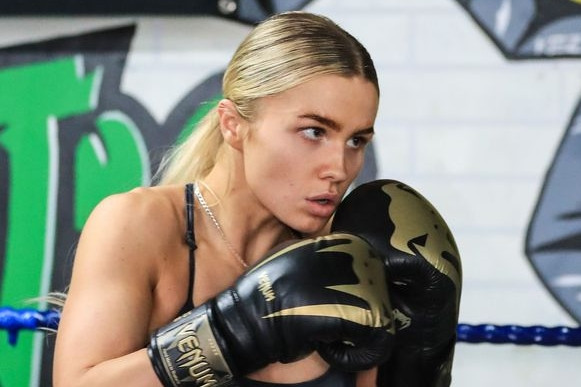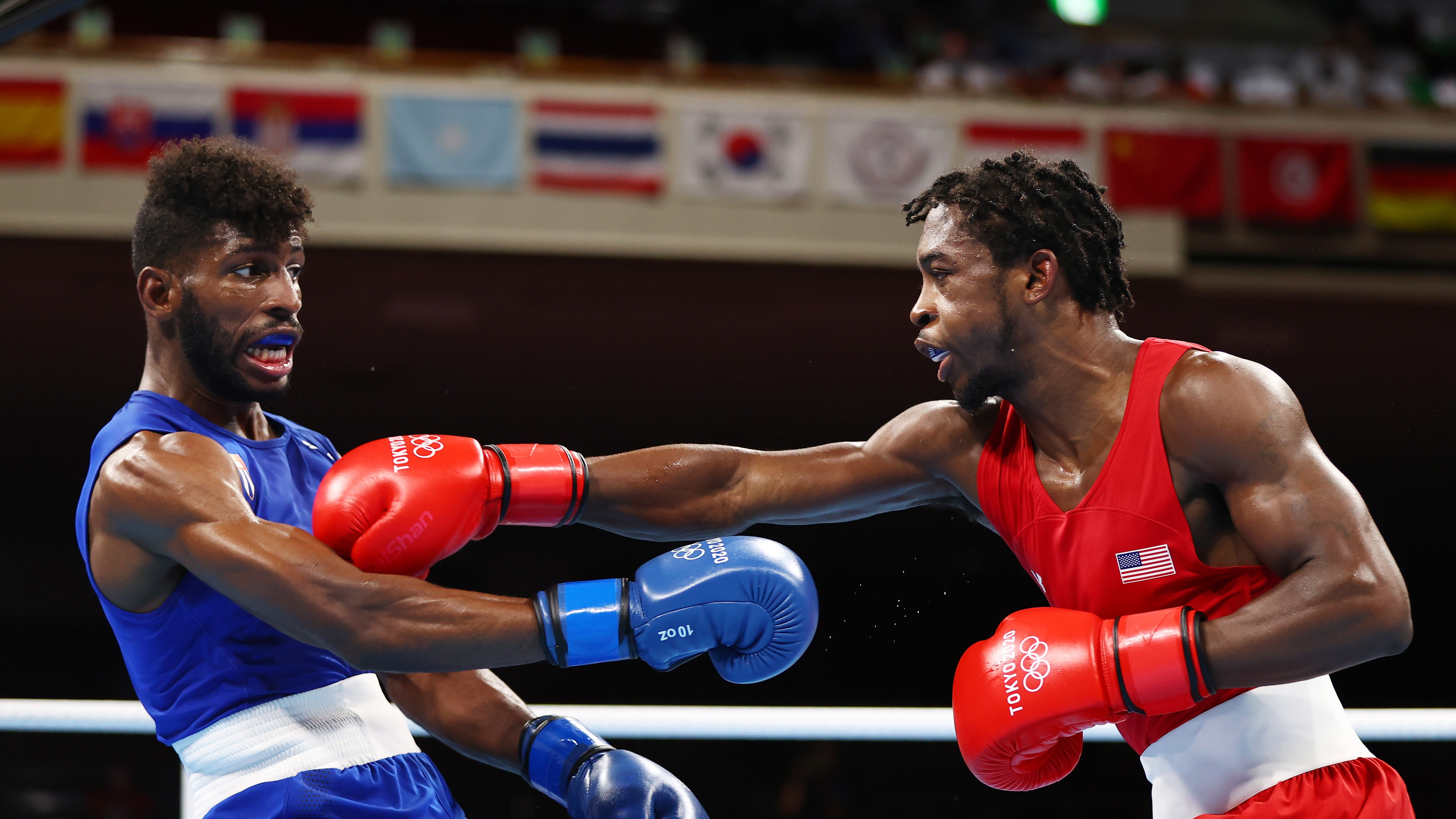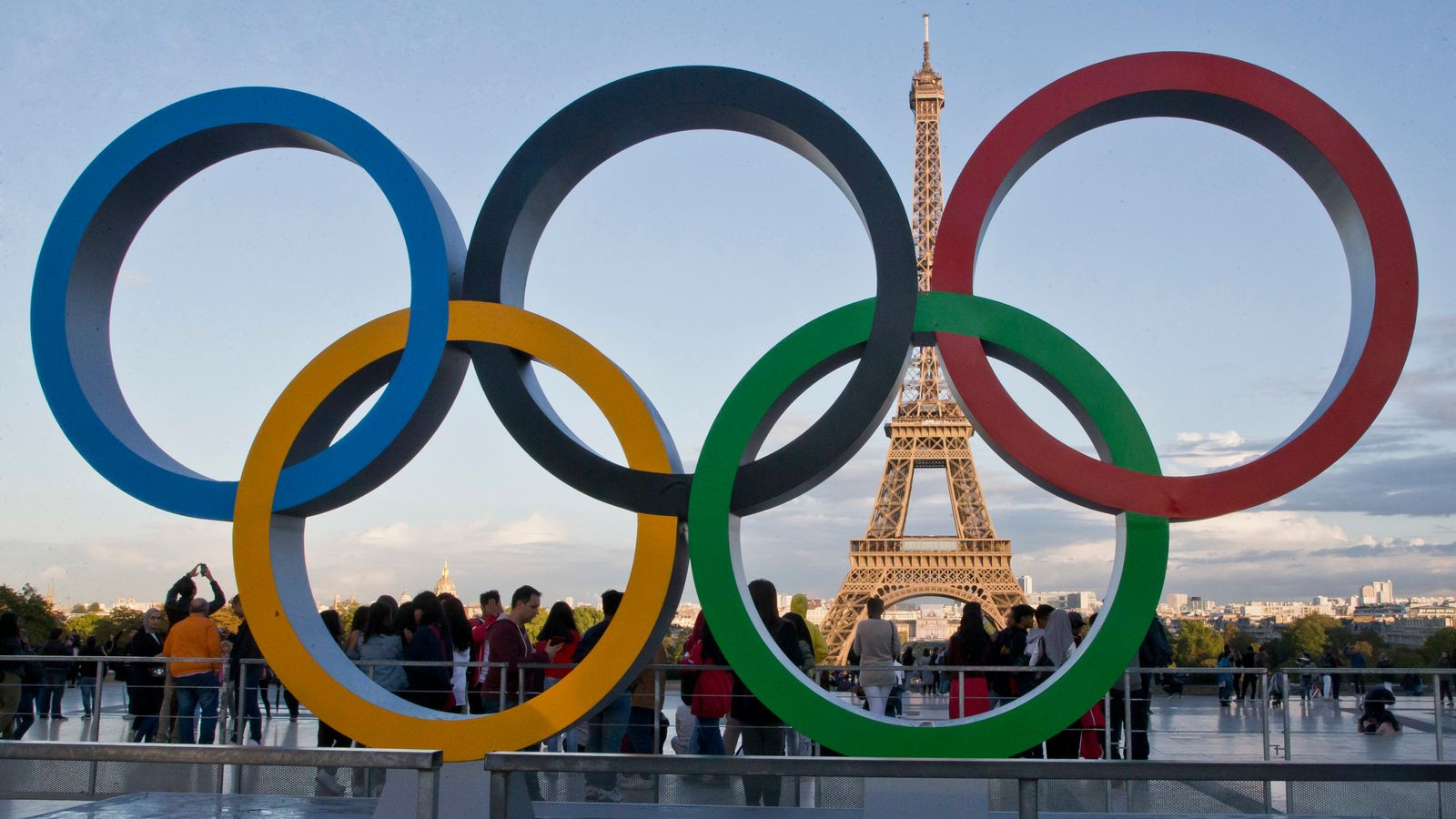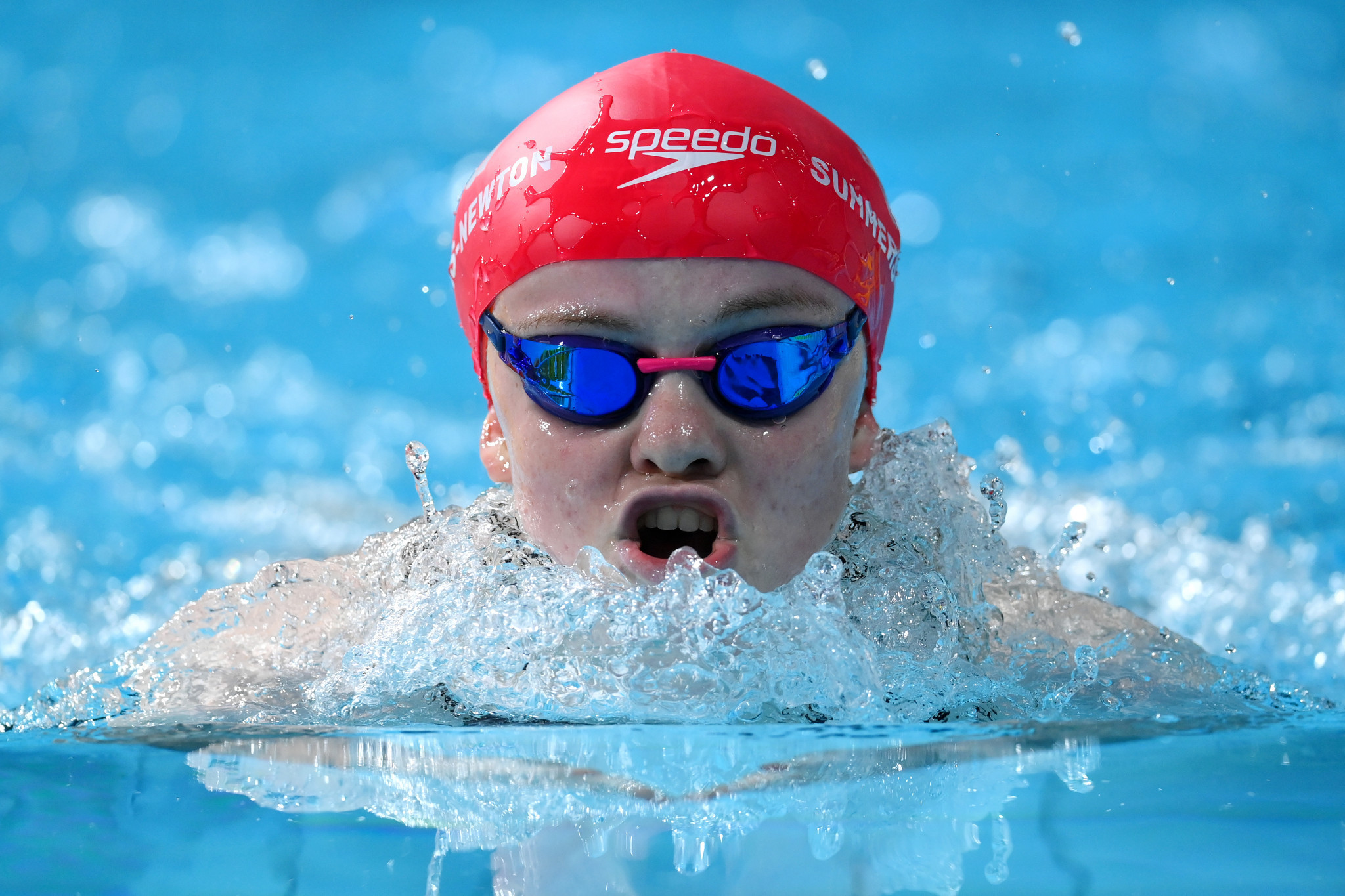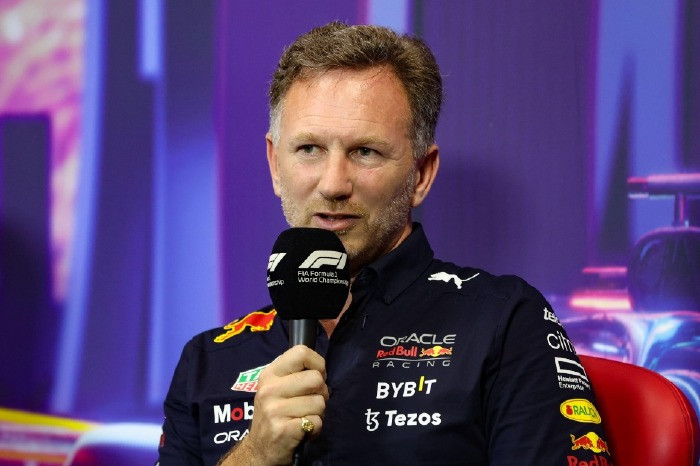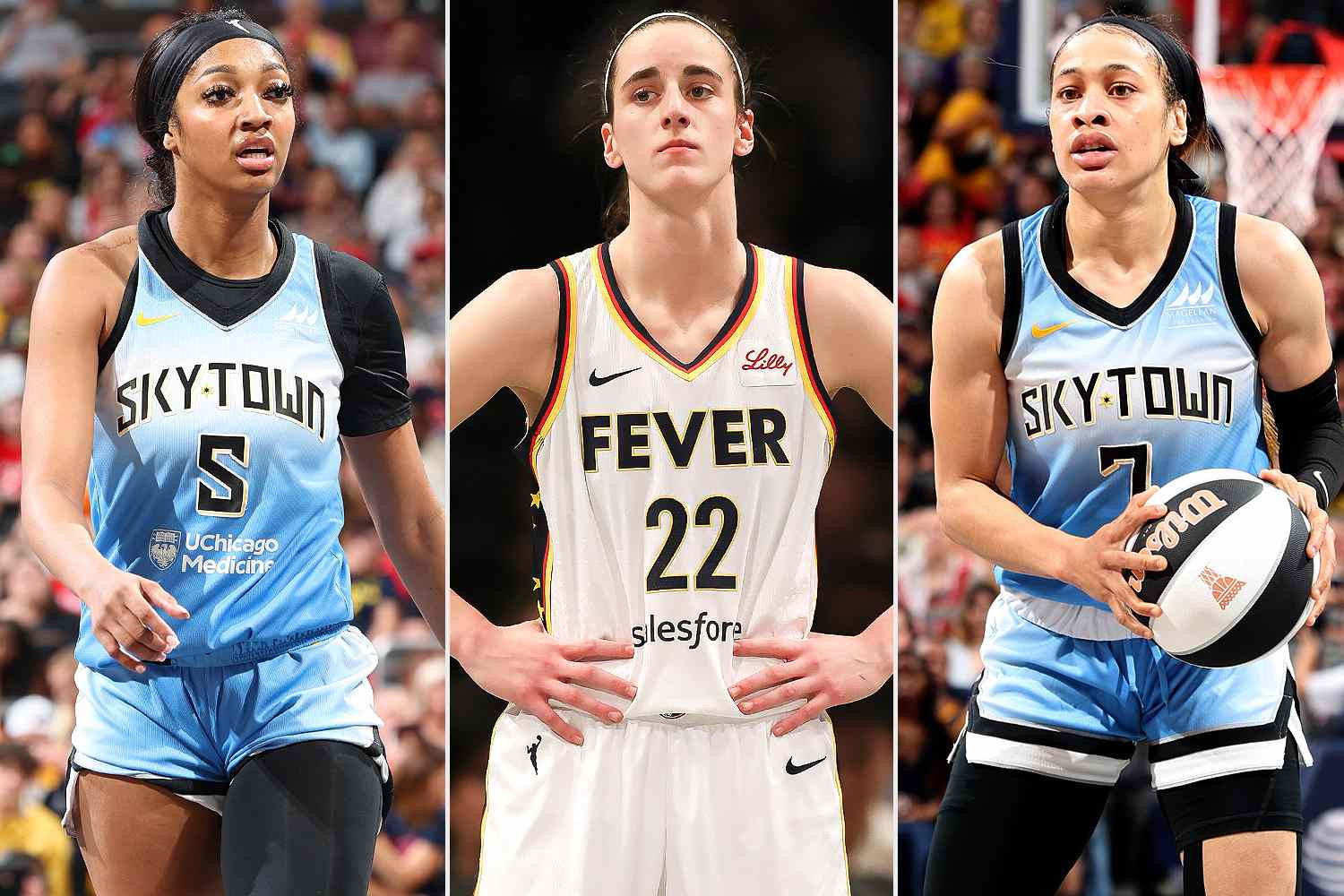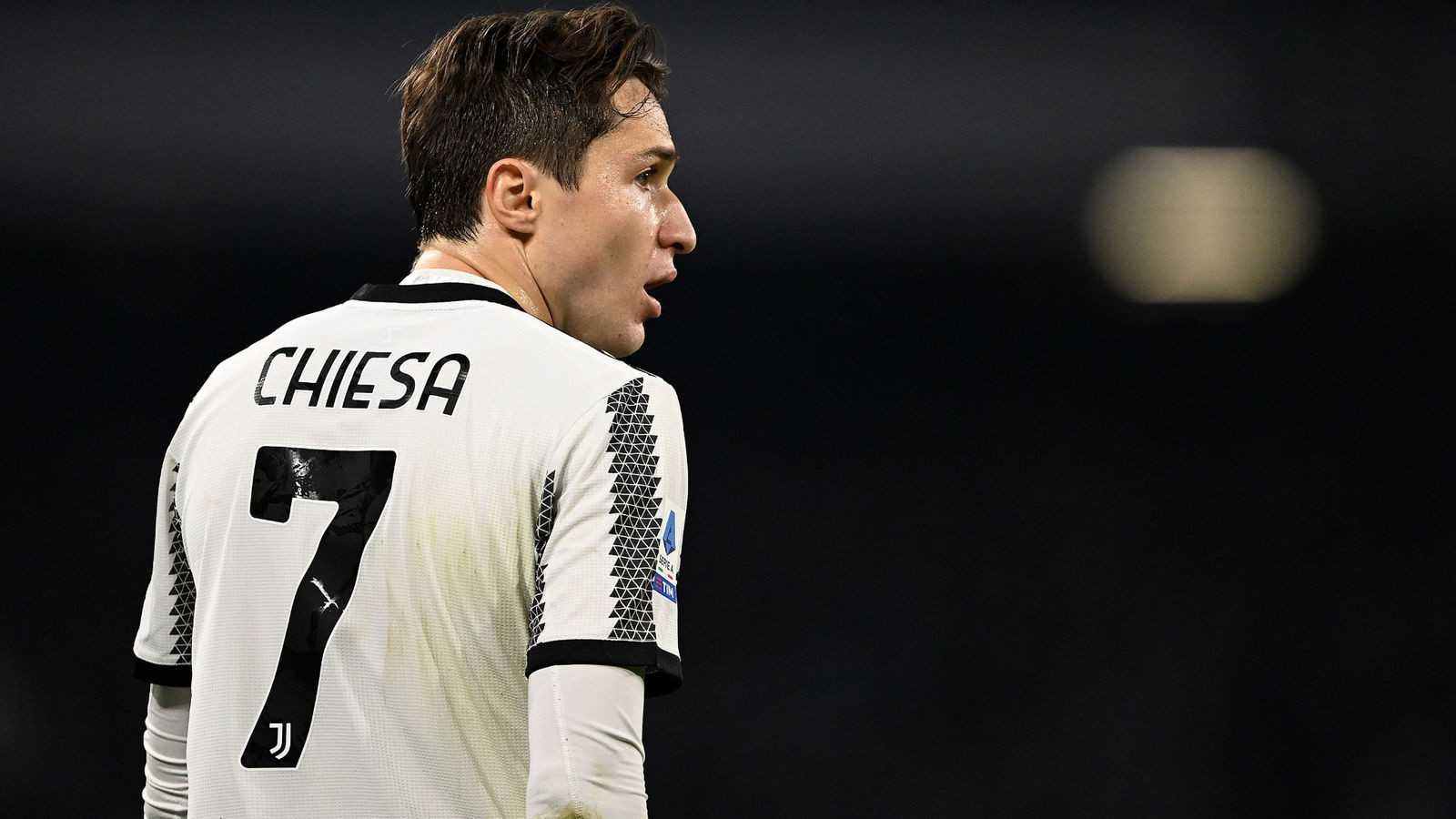A boxer whose gender identity has recently been questioned won her first fight at the Paris Olympics on Thursday.
Imane Khelif of Algeria defeated Angela Carini of Italy after Carini quit 46 seconds into the match. Carini stopped the fight after only a few punches were exchanged, avoided shaking Khelif’s hand and then fell to the floor in tears.
Khelif’s participation in Olympic women’s boxing has been scrutinized in recent days after reports resurfaced that she and another boxer, Lin Yu‑ting of Taiwan, failed to meet gender eligibility tests at the Women’s World Boxing Championships in New Delhi last year. At the time, sporting officials alleged that the boxers failed an unspecified test because they had male chromosomes.
Khelif, 25, has always competed as a woman — including during the Tokyo Olympics — and there’s no indication that she identifies as transgender or intersex, the latter referring to people born with sex characteristics that don’t fit strictly into the male-female gender binary.
Carini said she ended Thursday’s fight because she felt a “severe pain” in her nose. She added that she is not qualified to decide whether Khelif should have been allowed to compete.
“I am not here to judge or pass judgment,” Carini told reporters after the match. “If an athlete is this way, and in that sense it’s not right or it is right, it’s not up to me to decide.”
Others were less reserved.
“We have to pay attention, in an attempt to not discriminate, that we’re actually discriminating” against women, Italian Prime Minister Giorgia Meloni told reporters during a visit to the Olympic Village. “In these things what counts is your dedication, your head and character, but it also counts having a parity of arms.”
Several American politicians, including former President Donald Trump, Sen. Marco Rubio, R-Fla., and South Dakota Gov. Kristi Noem also shared their views on the match.
“I WILL KEEP MEN OUT OF WOMEN’S SPORTS!” Trump wrote on his social media site, Truth Social.
Khelif’s win also provoked responses from several prominent figures who are frequently criticized for their remarks on transgender people.
“Harry Potter” author J.K. Rowling repeatedly referred to Khelif as “male” and called the match a “brutal injustice” in a series of posts on X.
Billionaire entrepreneur Elon Musk, who recently drew criticism for comments he made about his estranged trans daughter, also weighed in on the matter on X, which he owns. Replying to a post that contained a video of the fight and read, “Kamala supports this…vote accordingly,” Musk, who endorsed former President Donald Trump last month, wrote: “True or let her deny it.”
While most of the responses online appear to be critical, Khelif was not without support.
Ismaël Bennacer, who plays soccer for the Algerian national team, was among those who defended Khelif.
“Full support for our champion Imane Khelif, who is suffering a wave of unjustified hatred,” he wrote on X. “Her presence at the Olympic Games is simply the result of her talent and hard work.”
Khelif celebrated her win on social media, sharing a photo of herself from Thursday’s fight on Instagram and writing, “first Victory.” She did not address the criticisms in the post, but she has previously called her disqualification from the world championships last year a “conspiracy.”
The Controversy
The International Boxing Association (IBA) disqualified Khelif and Lin from the Women's World Boxing Championships in New Delhi in 2023 for failing to meet unspecified gender eligibility requirements. The IBA said the tests, which remain confidential, were a “separate and recognized test” that did not involve a “testosterone examination” that is often used to determine eligibility in other sports.
This is not the first time the IBA has been at odds with the International Olympic Committee. The IBA, controlled by Russian President Umar Kremlev, was banned from the 2020 Tokyo Olympics and the 2024 Paris Olympics after years of governance problems, a lack of financial transparency and many perceived instances of corruption in judging and refereeing. The IOC has been overseeing boxing at the Paris Games and has defended the right of Khelif and Lin to compete.
The IOC’s Position
“The current aggression against these two athletes is based entirely on this arbitrary decision, which was taken without any proper procedure — especially considering that these athletes had been competing in top-level competition for many years,” the statement said, in part. “Such an approach is contrary to good governance.”
The IOC noted in its statement that it withdrew recognition of the IBA in 2023. The organization explained that it made its eligibility decisions on boxers based on the gender-related rules that applied at the 2016 Rio de Janeiro Olympics. “Everyone competing in the women’s category is complying with the competition eligibility rules,” IOC spokesperson Mark Adams said. “They are women in their passports and it’s stated that this is the case, that they are female.”
The Political Fallout
Italian Prime Minister Giorgia Meloni and several American politicians criticized Khelif’s participation in the Olympics. Meloni, who has been a vocal critic of transgender rights, said that allowing athletes with “genetically male” characteristics to compete against women is discriminatory.
In the U.S., former President Donald Trump also weighed in on the issue, writing on his social media site, “I WILL KEEP MEN OUT OF WOMEN’S SPORTS!”
However, Khelif was also met with support from some athletes and political figures.
Algerian soccer player Ismaël Bennacer defended Khelif on social media, writing, “Full support for our champion Imane Khelif, who is suffering a wave of unjustified hatred. Her presence at the Olympic Games is simply the result of her talent and hard work.”
A Call for Fairness
Khelif’s win has sparked a debate about the fairness of allowing athletes who have been disqualified from competing in gender-specific events to compete at the highest level of sports. Some have argued that the presence of athletes like Khelif and Lin creates an uneven playing field, while others have argued that it is important to respect the rights of all athletes, regardless of their gender identity.
The debate is likely to continue in the coming days and weeks, as the IOC and other sporting organizations grapple with how to balance the need for fairness with the need for inclusivity.
The Future of Olympic Boxing
The IOC’s decision to ban the IBA from the Olympics has cast a shadow over the sport. The IBA has since lost more than three dozen members who have formed a new group called World Boxing, which hopes to be recognized by the IOC as the sport’s governing body ahead of the 2028 Los Angeles Games. The IBA has aggressively seized on the boxers’ presence in Paris to criticize the IOC, but it remains to be seen whether the organization will be able to regain the trust of the Olympic movement.
The controversy surrounding Khelif’s win is just the latest in a series of challenges facing Olympic boxing. The sport has been plagued by corruption, governance issues and a lack of transparency for years. The IOC’s decision to ban the IBA was a sign that the organization is serious about reforming the sport, but it remains to be seen whether the changes will be enough to restore the sport’s reputation.
A Divided Sport
Women’s boxers have been asked about Khelif and Lin repeatedly this week. Many have expressed concern, while others have urged more consideration of an obviously complicated issue.
“I don’t agree with that being allowed, especially in combat sports as it can be incredibly dangerous,” Australia middleweight Caitlin Parker said. “But right now, my focus is on getting through each fight. It’s not like I haven’t sparred with guys before, but it can be dangerous for combat sports, and it should be seriously looked into. It is good that these things are coming out, and it’s being put under the spotlight to be looked into further.
“Biologically and genetically, they are going to have more advantages. Combat sports can be dangerous. Fairness is what it’s all about. We all want fairness in sport.”
Khelif’s next match at the Paris Olympics is against Hungary’s Luca Anna Hamori in Saturday’s women’s 66-kilogram quarterfinals.




